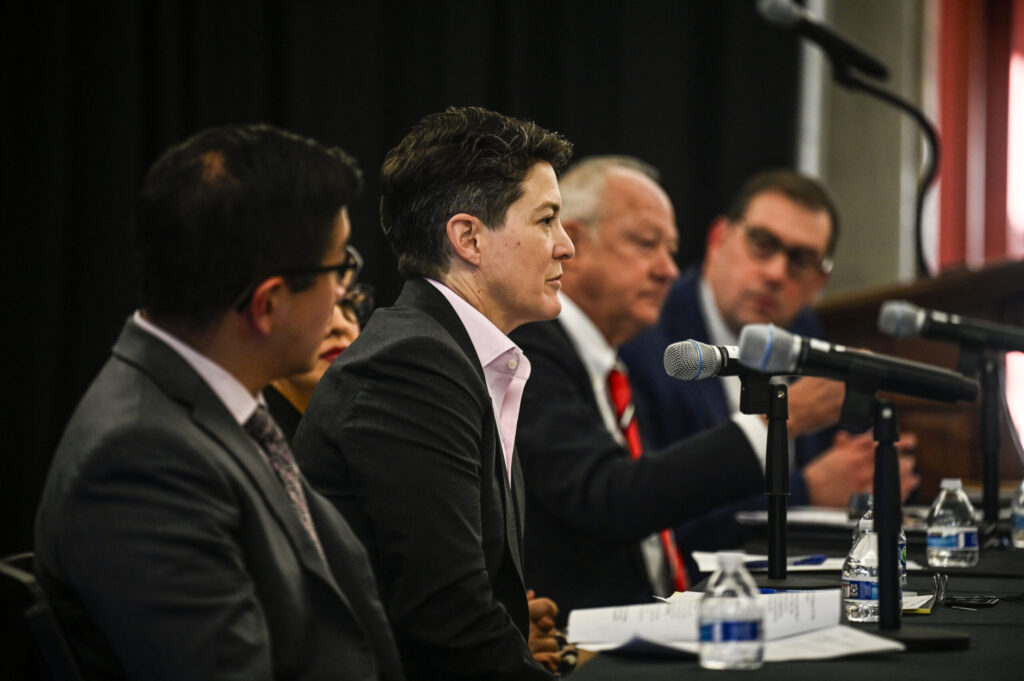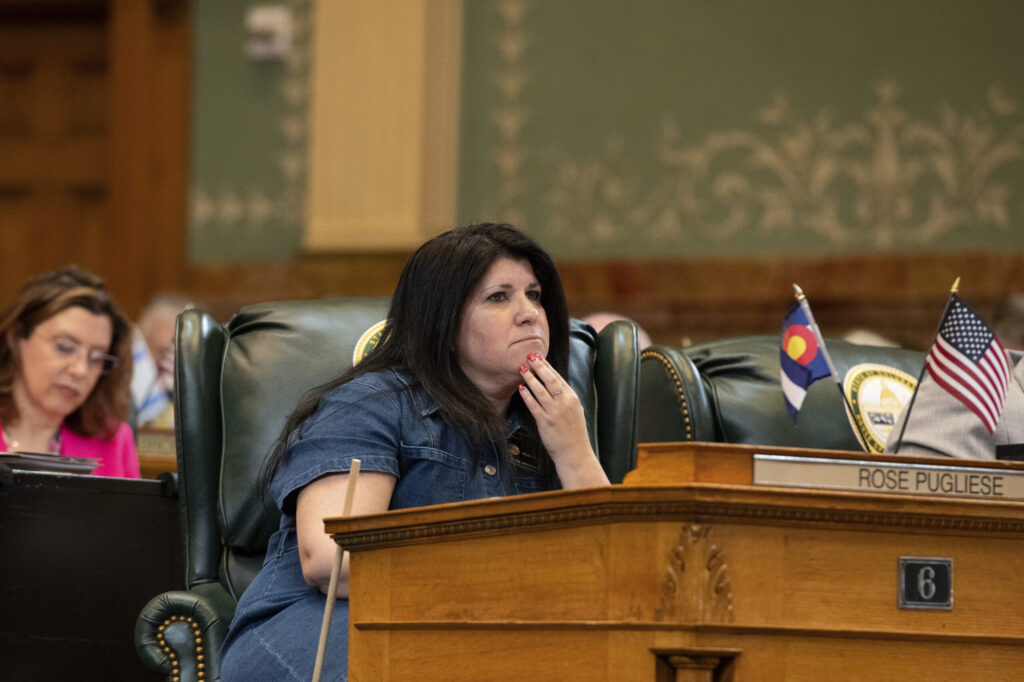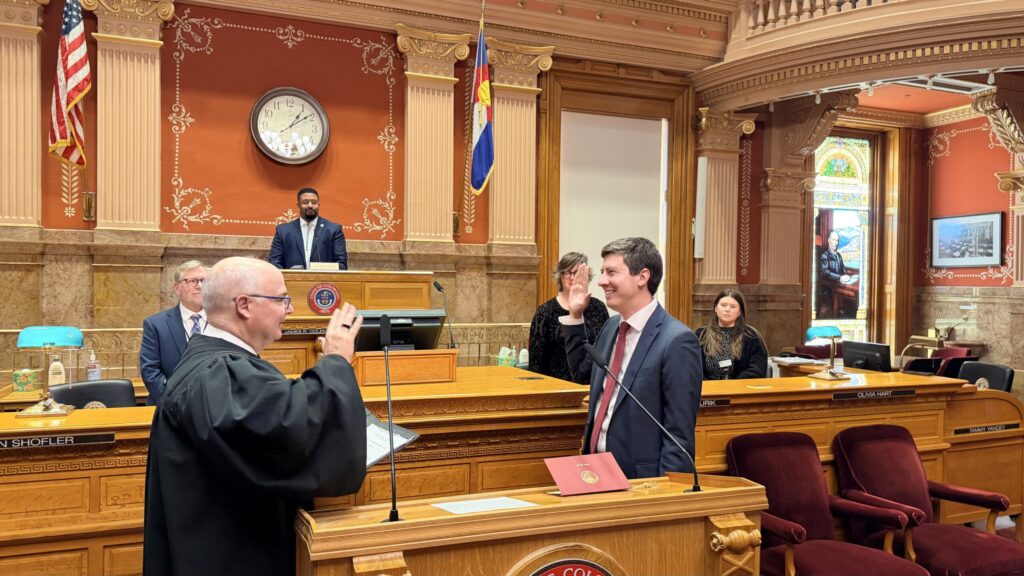Colorado lawmakers pass bill to test drinking water for lead at schools, child care centers

The Colorado legislature approved a bill Monday to crack down on lead-contaminated drinking water in Colorado schools and child care centers, funding free mandatory testing and remediation.
Senators approved House Bill 1358, 28-7, which followed the House’s 43-19 vote last week. The House still needs to consider changes made by the Senate, and then send it to Gov. Jared Polis.
In Colorado, 72% of children under 6 have detectable levels of lead in their blood – much higher than the national average of 51%, according to a national analysis. Even low levels of lead exposure can negatively affect a child’s IQ, behavior, learning ability, growth and hearing, according to the Centers for Disease Control and Prevention.
“This cannot be tolerated. We need to do something,” said bill sponsor Sen. Rhonda Fields, D-Aurora. “We know if lead is in the water, it can have a negative effect on the development of a child’s mind. … (This bill) gives us the ability to test water and make sure that we’re taking action.”
If signed into law, the bill would provide $18 million to pay for the testing and remediation for facilities that test positive for lead contamination, such as filters or bottle filling stations. Preschools and elementary schools would be tested first, followed by middle schools, if funding is still available. Home-based child care centers are included in the bill but can opt out if they so choose.
Though the bill received bipartisan support, all 26 lawmakers who voted against the bill are Republicans. Some of the critics argued that it is unclear whether lead contamination is an issue within Colorado’s schools and child care centers.
In 2017, the legislature created a fund for voluntary lead testing programs for schools. Only 64 schools utilized the tests, but of them, 40 tested positive for lead. No such tests have been conducted for child care centers.
“It is $20 million worth of money that you could argue may or may not be absolutely necessary,” said Sen. Paul Lundeen, R-Monument. “I reached out to CDPHE to ask what their perspective was on drinking water in the schools and in Colorado, and their response is, ‘We believe the drinking water in Colorado is the healthiest it’s been in the state’s history.'”
The version of the bill passed on Monday is significantly narrower than the bill as drafted as a result of changes made by lawmakers in the House.
Originally, the bill would have required schools and child care facilities to install filters on all drinking water sources, provide bottle filling stations and annually test drinking water for lead. Bill sponsors said they watered down the bill after conversations with child care centers and schools, which, during public testimony, described the bill as burdensome and overreaching.
Opponents said the original bill would be nearly impossible to comply with because it defined acceptable lead levels as less than 1 part per billion – compared to the amended 5 parts per billion. Regulations from the U.S. Environmental Protection Agency allow up to 15 parts per billion, although the EPA says “there is no safe level of exposure to lead.” Others said schools and child cares couldn’t afford the ongoing costs of annual tests and equipment maintenance.














